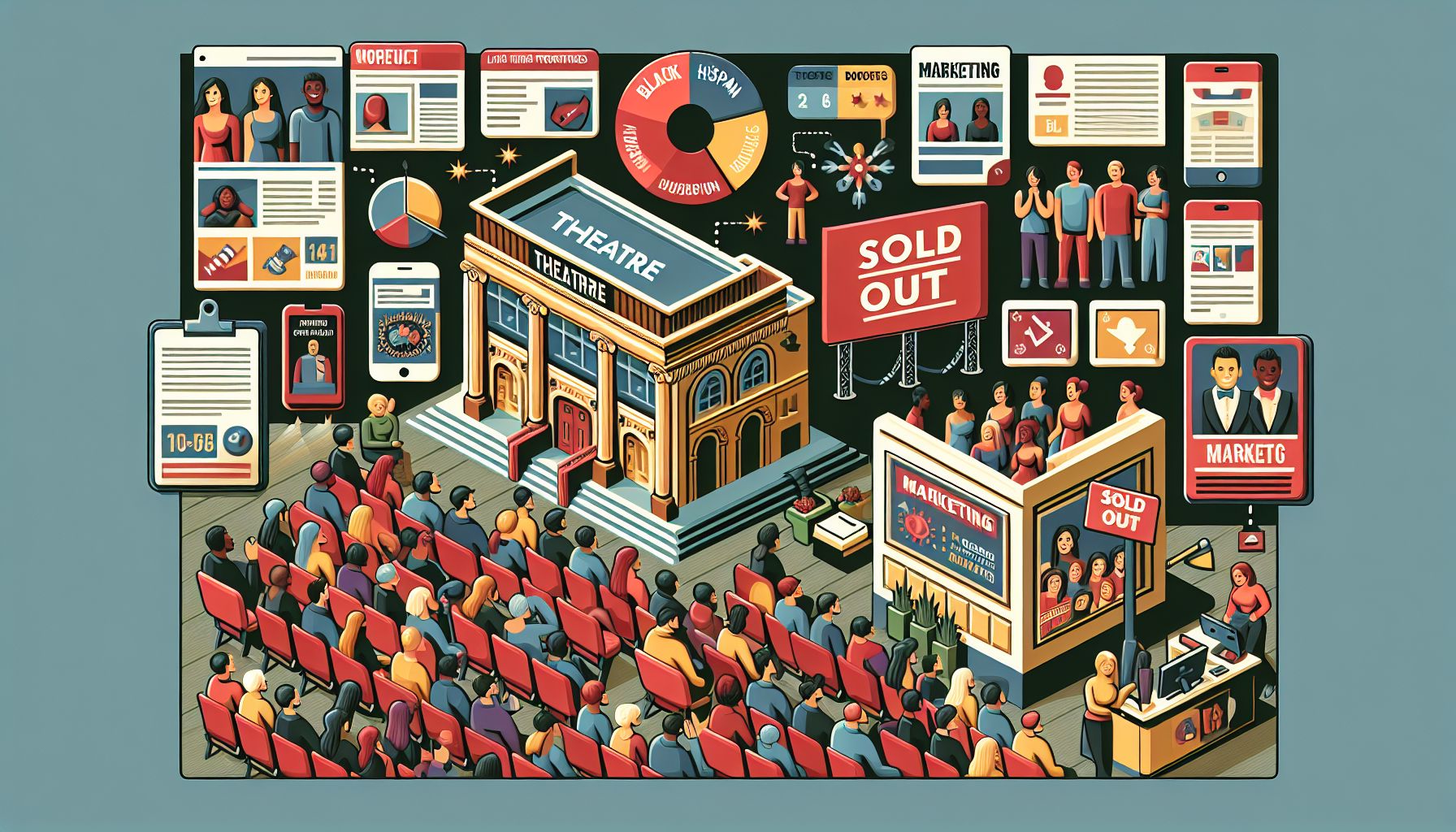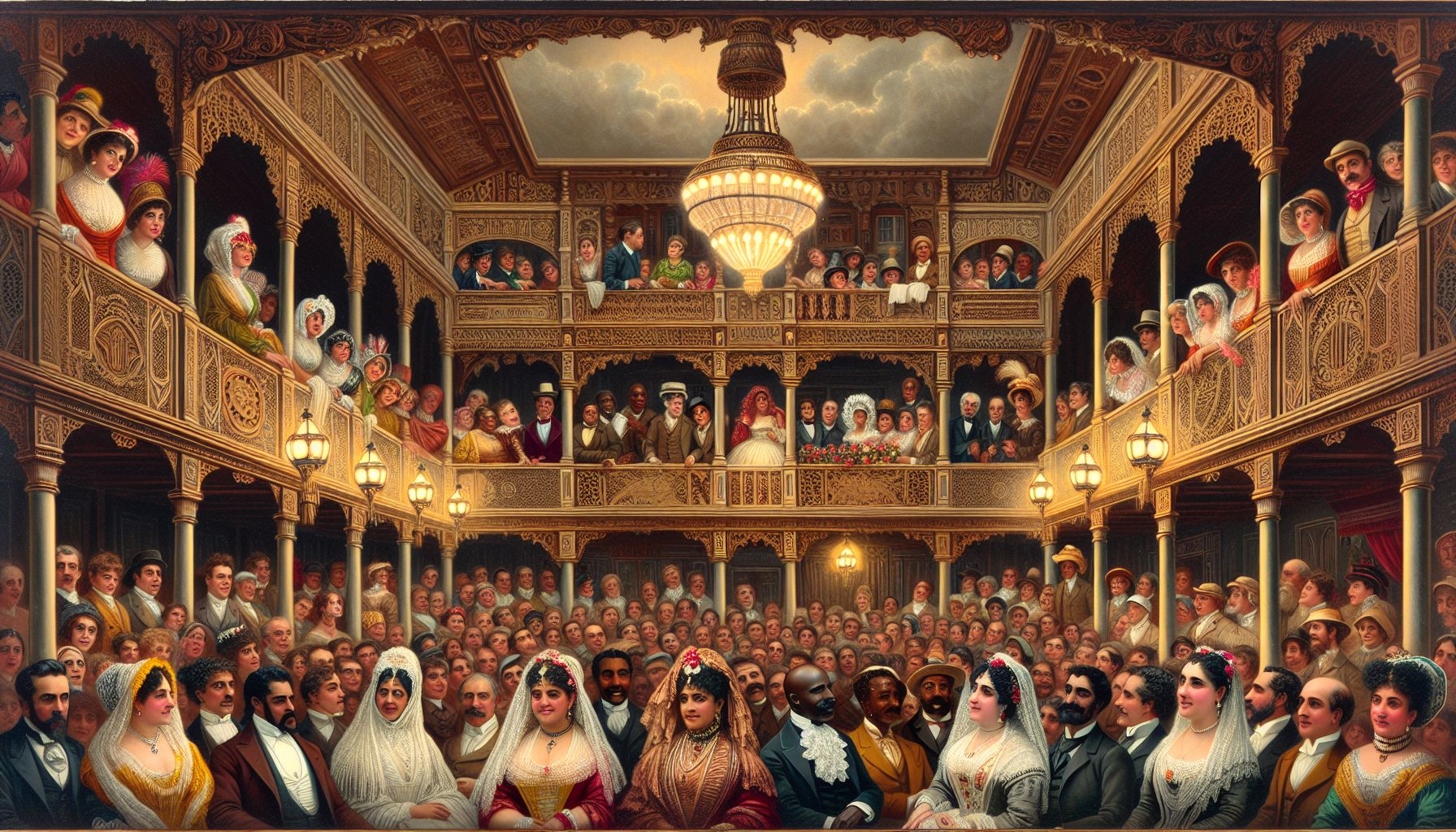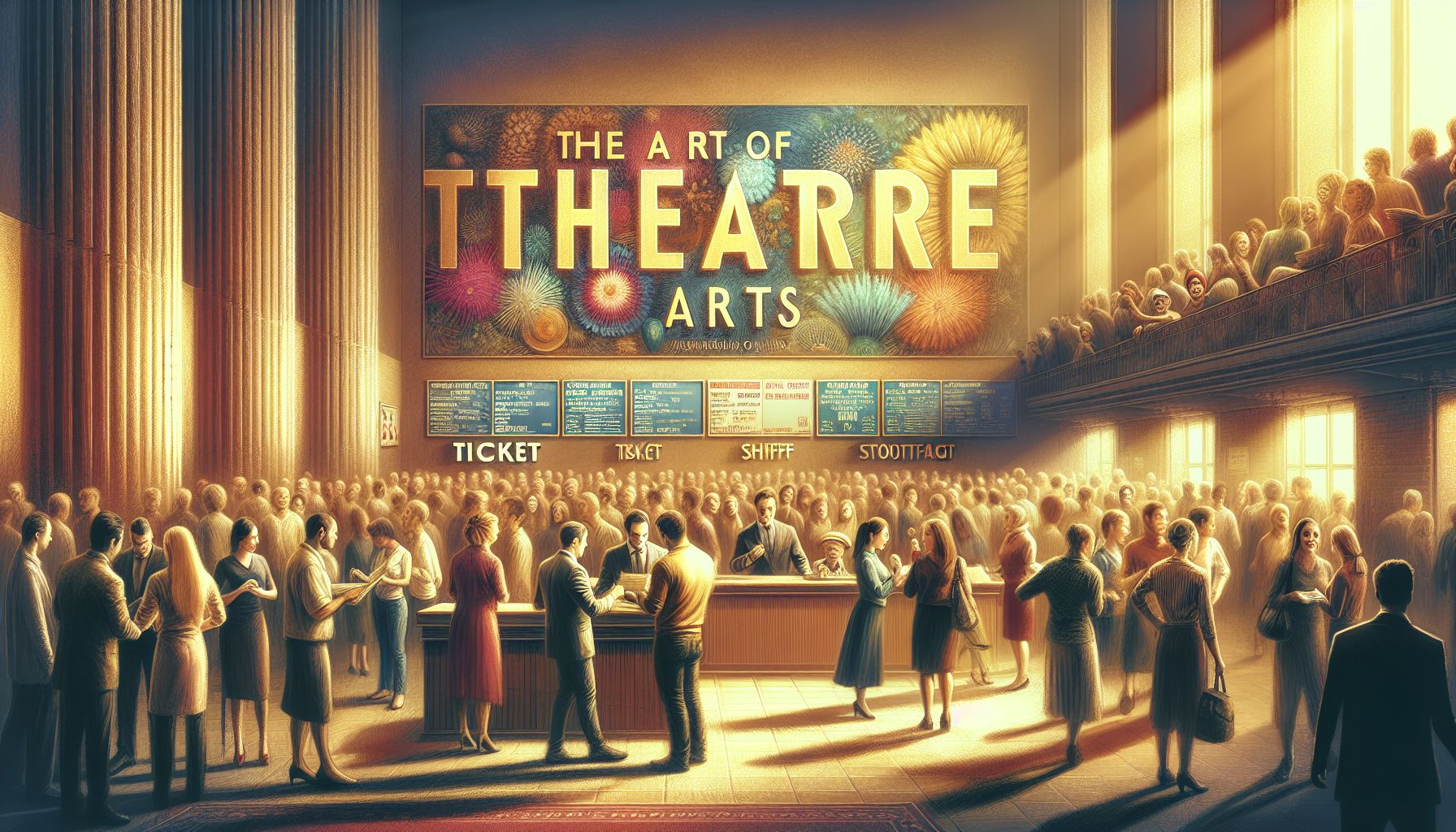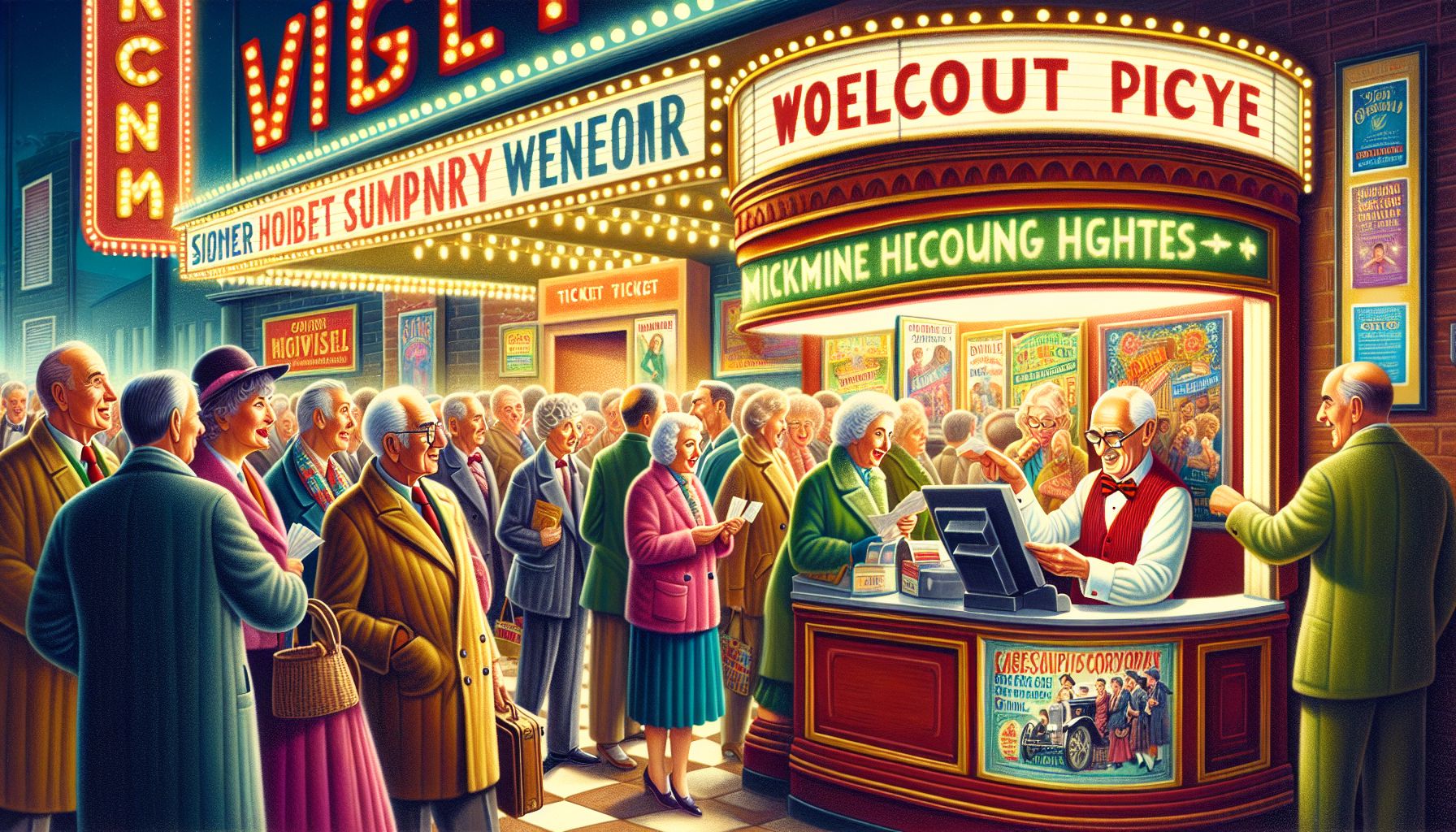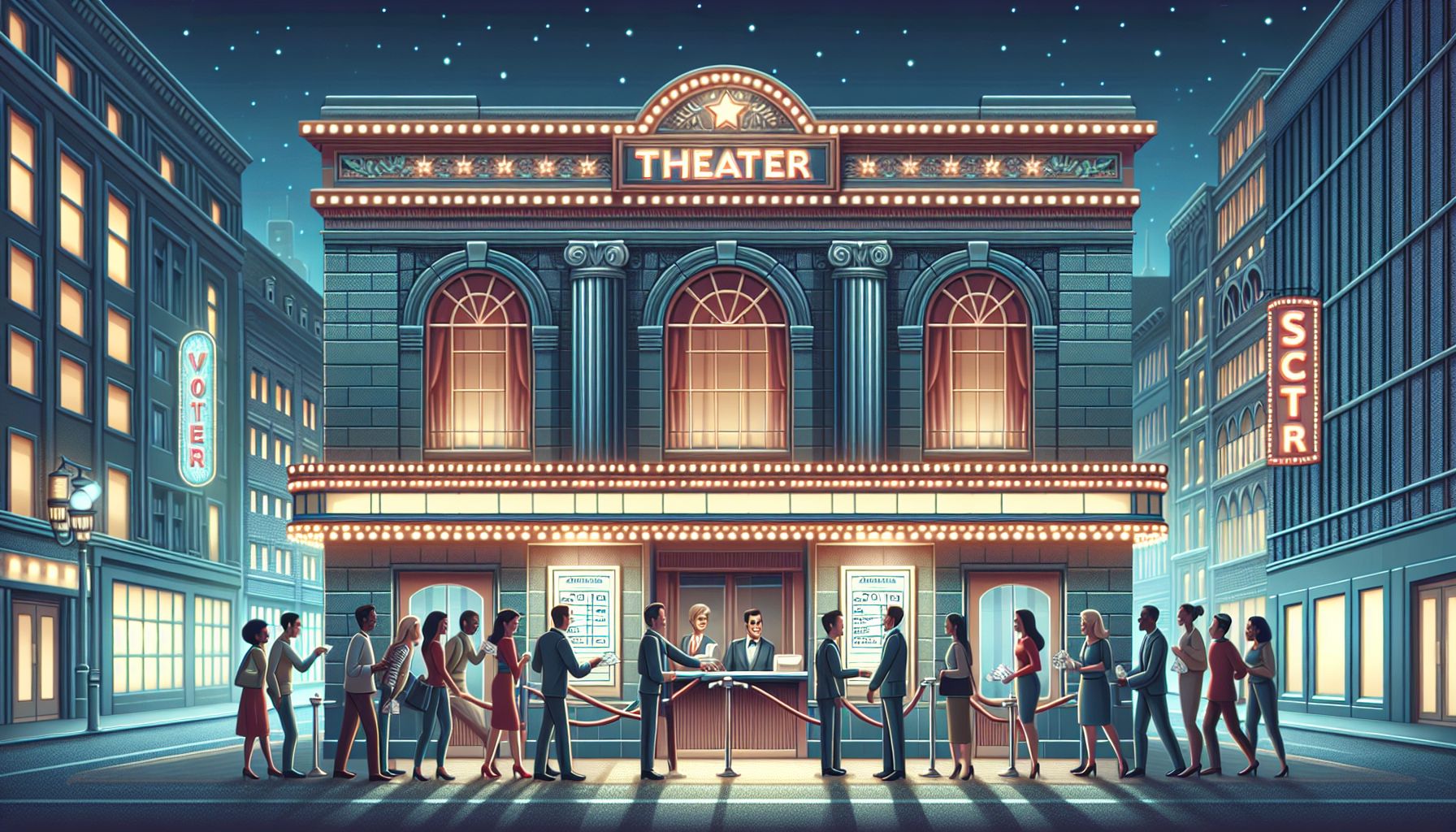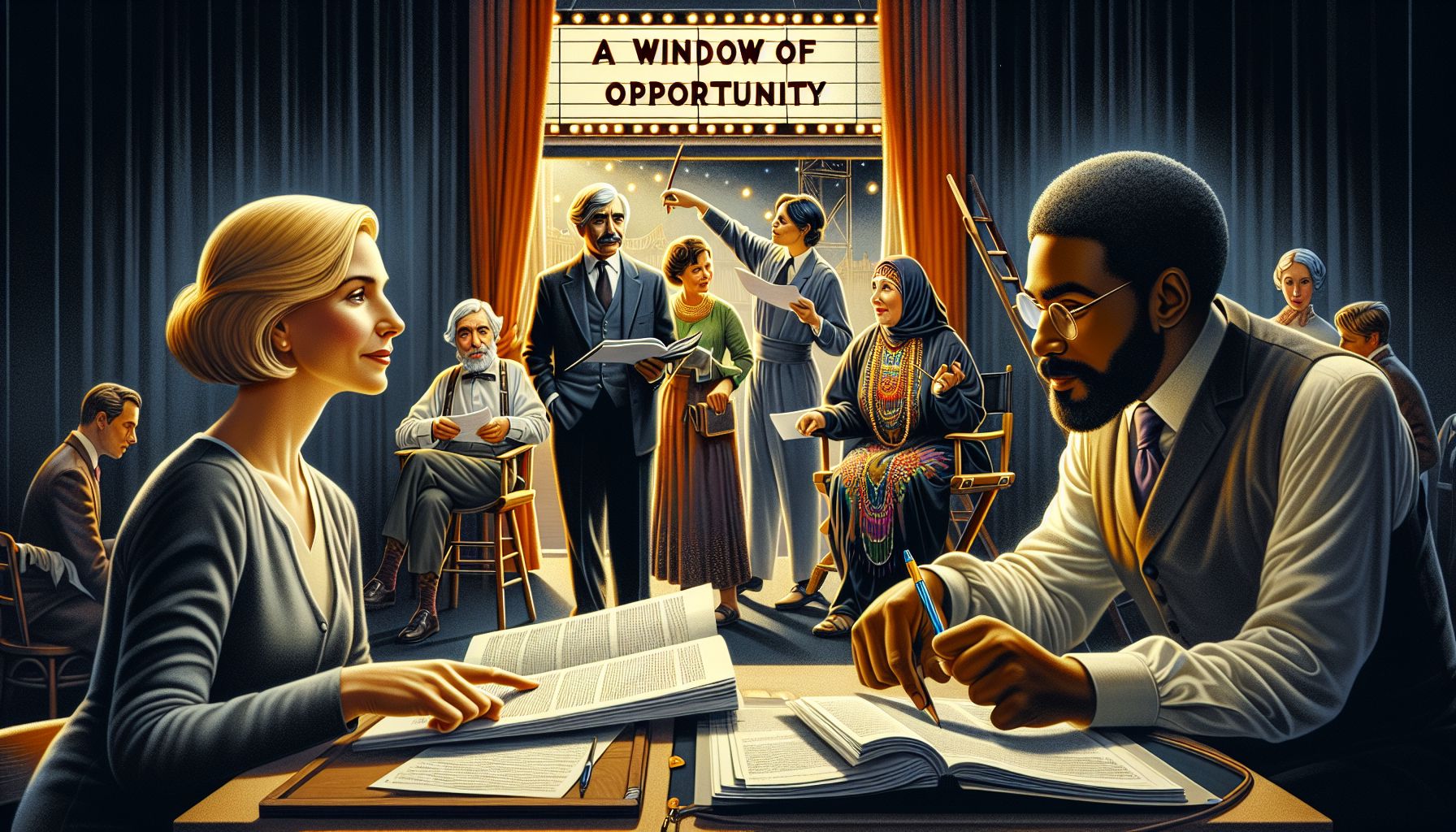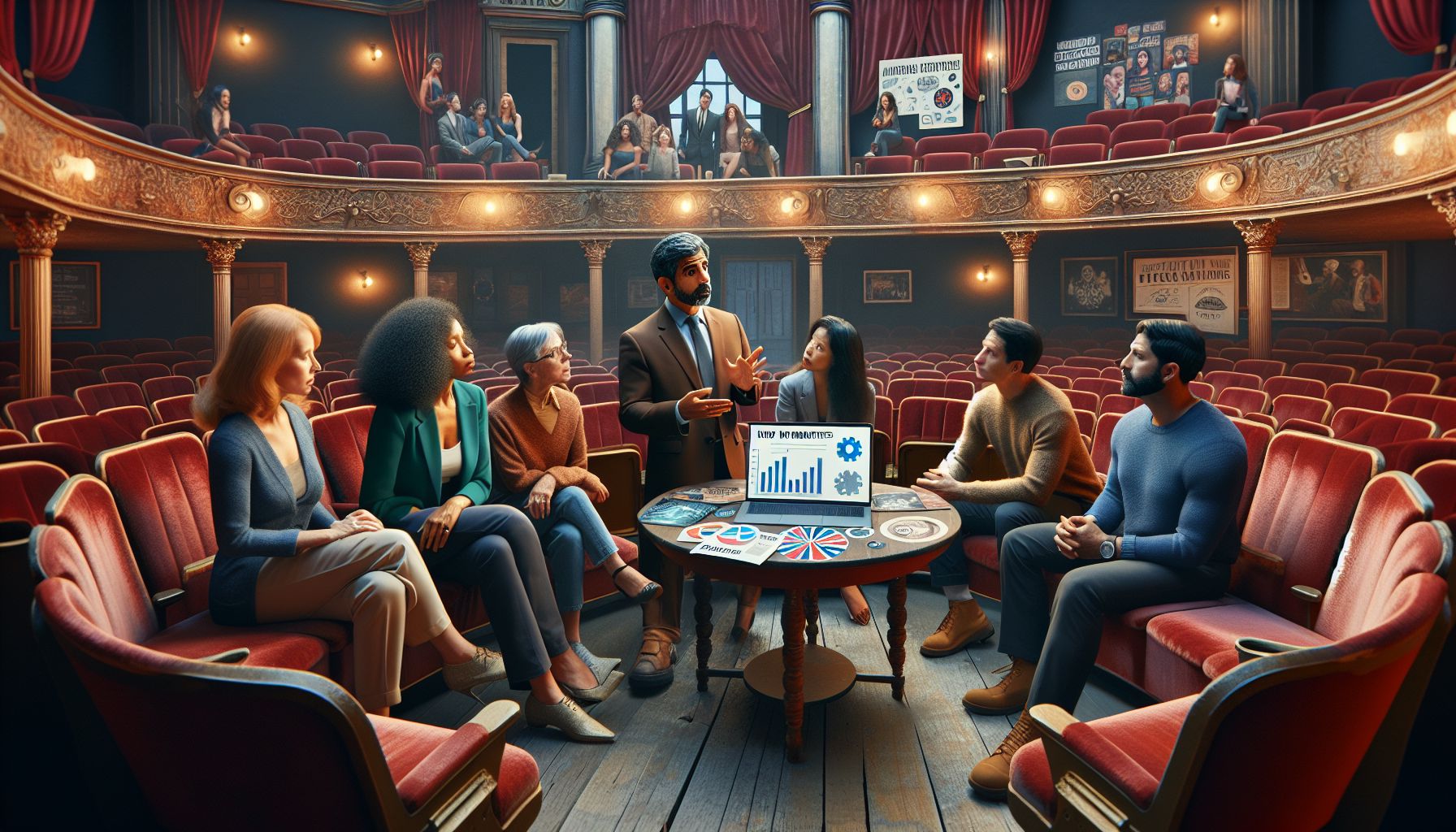As a theatre owner, you understand the importance of continually improving your marketing efforts to attract and engage both new and returning visitors. In today’s competitive landscape, it is crucial to adopt effective marketing strategies that not only showcase the uniqueness of your theatre but also capture the attention of potential attendees. In this article, we will explore a variety of techniques that can help you promote your theatre successfully.
Understanding Your Target Audience
Before diving into marketing tactics, it is vital to have a clear understanding of who your target audience is. Different types of theatres cater to different demographics, so tailoring your marketing strategies to reach your specific audience is key. Are you targeting a predominantly adult crowd, families, or perhaps a niche market interested in a specific type of theatre, such as classical plays or musicals? By conducting market research and analyzing customer data, you can gain invaluable insights to inform your marketing decisions effectively.
Building an Online Presence
In our digital age, an online presence is a must. Create an engaging website that reflects the unique atmosphere of your theatre. Ensure it is user-friendly, aesthetically pleasing, and mobile-responsive to reach audiences on various devices. Include essential information such as upcoming shows, ticket prices, location, and contact details.
In addition to having a strong website, embrace social media platforms such as Facebook, Instagram, and Twitter to reach a wider audience. Share behind-the-scenes content, photos, videos, and updates about upcoming shows to pique interest and keep your followers engaged. Encourage your audience to interact by running contests, offering exclusive promotions, or hosting Q&A sessions with actors or directors.
Collaborating with Influencers
Influencer marketing has become a powerful tool for promoting businesses, including theatres. Identify influencers in your local area who have a strong following and align with your theatre’s brand. Collaborate with them to create buzz around your upcoming shows. Offer them complimentary tickets and request that they share their experience with their followers through social media posts, blog articles, or even dedicated YouTube videos. The trust and credibility influencers hold among their followers can significantly impact the decision-making process of potential attendees.
Offering Special Packages and Discounts
People love a great deal, so consider offering special packages or discounts to attract more visitors to your theatre. Create bundles that include tickets to multiple shows at a discounted price. Offer discounted prices for students, seniors, or specific groups such as military personnel or first responders. Additionally, you can run limited-time promotions, such as “Buy one ticket, get one free” or “Early bird discount for tickets purchased in advance.” These strategies not only incentivize people to attend but also create a sense of urgency, encouraging them to act quickly.
Collaborating with Local Businesses
Forge partnerships with local businesses to cross-promote one another. Contact nearby hotels, restaurants, or tourist attractions and explore opportunities for mutual promotion. For example, you could offer discounted meal vouchers at partnering restaurants to theatregoers, or they could provide promotional materials about your theatre to their guests. By working together, you can extend your reach and tap into each other’s existing customer bases.
Harnessing the Power of Email Marketing
Email marketing remains a highly effective way to engage with your audience directly. Build an email list by offering a newsletter subscription on your website and at the ticket counter. Send regular updates about upcoming shows, exclusive discounts, and behind-the-scenes content. Personalize your emails to make recipients feel valued and appreciated. For example, you could send personalized birthday promotions or exclusive ticket offers to loyal customers. However, be mindful not to spam your subscribers’ inboxes – send emails sparingly and ensure each one offers value.
Leveraging Local Media and Reviews
Do not underestimate the power of local media when it comes to promoting your theatre. Contact local newspapers, magazines, and radio stations to feature your upcoming shows or request interviews with directors and actors. Local publications often have sections dedicated to arts and culture, providing excellent opportunities for exposure. Encourage attendees to leave positive reviews on platforms such as Yelp, TripAdvisor, or Google Reviews. Genuine testimonials from satisfied customers can greatly influence potential visitors to choose your theatre over others.
Conclusion
Implementing effective marketing strategies is essential for theatre owners looking to attract and maintain a strong audience base. By understanding your target audience, building an online presence, collaborating with influencers, offering special packages and discounts, working with local businesses, utilizing email marketing, and leveraging local media and reviews, you can enhance your theatre’s visibility and captivate audiences. Stay proactive, creative, and adapt your marketing efforts based on what resonates with your audience. With careful planning and execution, your theatre can thrive, creating unforgettable experiences for both new and loyal visitors alike.
